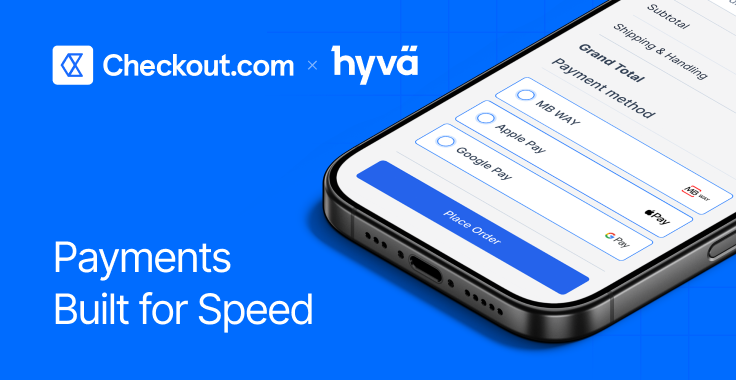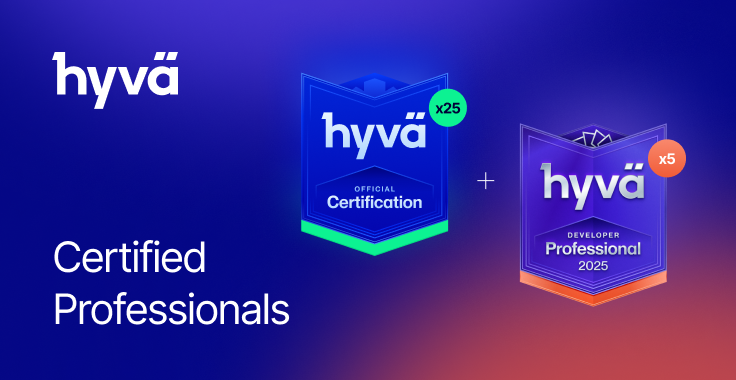I still remember when I was doing deployments via FileZilla—dragging and dropping files from my computer onto a server somewhere in the great beyond. It felt like magic compared to manually typing out scp commands. Sure, I knew how to do it by hand, but there was this incredible tool that saved time, simplified the process, and helped me visualize what was actually going on.
Nowadays, I’m feeling similar with AI. It is a powerful tool for everyday development tasks (and beyond). In my opinion, every developer should start learning AI right now—not necessarily to master prompt engineering or to produce the perfect ChatGPT solution, but to gain comfort with how AI can become an integral, beneficial extension to their workflow.
Development: A Mixture of Tasks
Software development isn’t just about building one massive feature after another with ninja-like grace. It’s more like a multi-layered puzzle that looks different for everyone and typically involves:
- Routine tasks – The ones we do on autopilot (e.g., adding a minor tweak here, copy-pasting configuration there).
- Complex, thought-intensive tasks – The big architecture-level planning where you’re mapping out how your system will handle millions of users without collapsing.
- One-off tasks – Something a client randomly requests, like exporting order IDs for a handful of customers in a very specific timeframe. These tasks rarely repeat themselves.
For each of these, there’s often a little friction in the process. Maybe you keep forgetting the right flags for grep, your regex doesn't work properly or you need to recall the syntax for setting up a new module quickly. This is where I see AI sliding in beautifully—helping handle these routine or fuzzy moments, freeing up time to think about the bigger picture.
The Fundamentals
Many of us already know it’s crucial for a senior backend developer to have a grasp of fundamentals like web servers, hosting environments, and how scaling works. And that applies for everyone that is specialized in a domain - they need to know the very basics of surface areas their primary craft touches.
I don't think AI is the replacement for this. I believe AI is a tool and yet another way to help you get better and aware of the touchpoints you need to know about.
One amazing angle is using AI to learn. Instead of combing through Stack Overflow, half-grasping the commands other people used to fix their (sometimes unrelated) problem, you could simply ask AI:
“Here’s my setup, here’s my issue. What could be causing this?”
AI will throw multiple suggestions or potential explanations back, which you can then reason about. You’re learning the fundamentals more thoroughly, in real-time, instead of copy-pasting random code that might only band-aid the situation.
AI Should NOT Make You A Worse Developer
Let’s talk parallels. When calculators became mainstream, some people insisted they could still do everything by hand. Does that mean you shouldn't learn the basics of how to use a calculator? The point isn’t that you can’t do it yourself; it’s that life and work become easier, more efficient, and with AI sometimes more creative when you take advantage of the latest tools. AI is just that: a tool that can handle wide range of tasks, especially those times when you’re stuck or you just want a second opinion.
You don’t need to be an expert who can recode the entire AI model from scratch or come up with the latest and greatest prompt. But you do need some fundamental understanding of how it works, what it can do, what makes it better and where it fits in your workflows. It’s simply another tool in the modern development toolkit—an extremely powerful one at that.
A few examples of AI-enabled development workflow:
- Quick Commands: If you keep forgetting that complex combination of flags for grep or find, AI can instantly recall the exact snippet.
- Smart autocomplete: You know what you want to type. AI knows it. Why type it, make a typo, fix it when you can simply press TAB?
- Scaffolding and Setup: Need the skeleton of a module or a new microservice? Let AI handle 80% of the boilerplate, so you can focus on the real logic. Yes, you can forget a nuance the next time you need it but... do you really need to know it?
- Exploration: If you have a hunch for a quick experiment or proof of concept, AI can help get you from zero to MVP in record time. Great for indie hackers.
- Learning: You know there are observers and plugins but you use one approach for all problems? Well, you can finally ask someone what is the difference without feeling embarassed.
The point is, the workflow looks different for everyone. The same as good code looks different for everyone (even yourself if you check your code you wrote last week).
Embracing Change (And Why It’s Okay to Let Go)
When you think about the best developers you know, there are some patters you find. And for me, all good developers I know continuously learn and experiment. Whether it is by smashing together a solution no one uses or by reading about a fun programming language. They are in touch with ever evolving development practices and applying what makes sense where needed. They are wise. A hacky trash-code in one place, the golden standard in another.
I read a story about a driver who got so used to Tesla’s Full-Self-Driving that when they returned to a traditional car, it felt like an absolute chore just to maintain lane discipline. It’s a bit like learning to drive manual gear, then switching to automatic: going back to manual feels weird. But do you really need the skill of manual transmission for your day-to-day life? For most of us, the answer is no.
Similar logic applies to AI. It’s so general and wide-reaching that once you find it helpful for certain tasks, you’ll naturally want to explore using it in other areas. The key is to understand enough of the fundamentals, so you’re not blindly outsourcing your entire development process to AI. At the same time, you don’t need to be the person who precisely remembers every small nuance of all of the frameworks you touch.
The Real Reason to Start Now
AI is still evolving (heck, mostly everything for developers is). The way we write prompts and the way large language models serve those prompts could be entirely different a year from now.
I'm not saying that you'll lose if you will start to learn prompting a year later. What I am saying is that AI is already an incredibly powerful tool that can make you a better developer. And by using it today, you'll start to benefit in efficiency and a better learning right away. Think of your skill growth as a graph, and AI is just something like Google was back in the day - something that will improve the pace of your development if used properly (again - think of improving your fundamental knowledge, not remembering the right flags for the command of a tool you use once every while).
Sure, you can learn it in a year or two but what does a year of worse learning or efficiency mean? It's just holding you back while more and more developers are jumping on the train.
Furthermore, the daily usage of AI is essentially your front-row seat to the technology’s progression. Yet another touchpoint of what's happening so you can be wise.
Final Thoughts
As developers, we sometimes resist change because our brains are already full of syntaxes, frameworks, and countless lines of logic. But every so often, along comes a tool that fundamentally shifts our productivity and how we think about our work. AI is definitely one of these tools.
Sure, there’s no single blueprint for “how to use AI in development”—it’s going to look different for every one of us. Maybe you rely on it to handle the trivial stuff you hate memorizing, or maybe you’ll train your own model to do advanced tasks in a specific domain. The point is to start exploring and see how it can fit into your daily routine. And definitely start using it to learn more about foundational practices around your area of work.

















